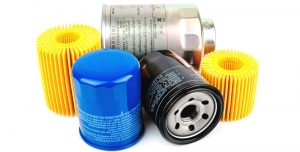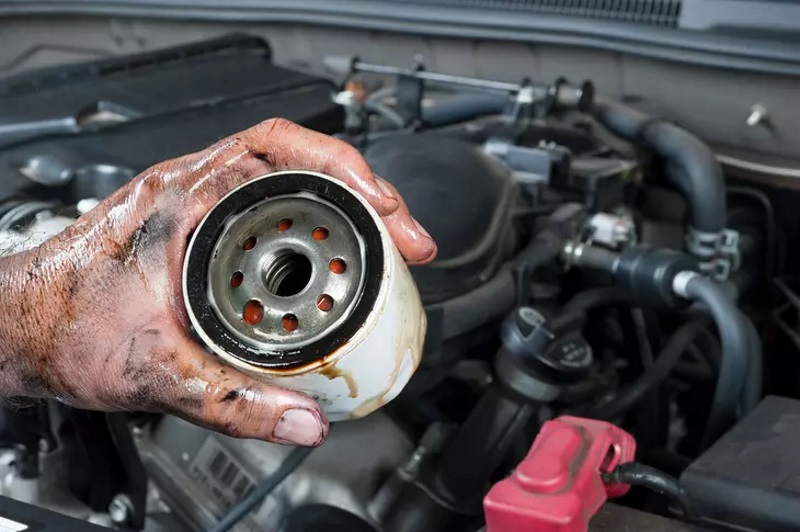What’s The Deal With Engine Oil Filters?

Alright, so you’re cruising down Te Rapa Road, or dealing with that stop/start traffic on Peachgrove Road, and your car’s purring away — ever think about what’s happening under the bonnet? Over time, your engine oil gets grubby, picking up all sorts of rubbish: dirt, metal shavings, bits of carbon, you name it. If all that gunk kept circulating around your engine, you’d be looking at everything wearing out way faster than it should. That’s where your oil filter comes in. Its job? Trap all that nasty stuff before it can chew up your engine.
Curious for more nitty-gritty details? Learn more about oil filters >
So, How Do These Filters Work Anyway?
Pretty simple setup really. An oil filter’s just a little metal can with a heap of fine filter material stuffed inside. Most’ve got synthetic fibres, or sometimes a mix with cellulose, packed in there. Oil pumps in, runs through the filter, and all those contaminants get snagged in the fibres instead of heading back through your engine. We see it every day here, whether it’s an old Toyota Corolla from Morrinsville, or a late-model Volkswagen Golf from Tamahere — same story, no matter the car.
When Should You Chuck In a New Oil Filter?
These things can only hold so much before they get choked up. If you’re running around Hamilton and doing the rounds from Dinsdale to Chartwell, especially with all the potholes and short trips stopping and starting, your car’s working overtime. Once the filter’s clogged, the rubbish starts slipping past, and that’s when things wear out, or worse, you start getting rattles or sludged-up engines. Most mechanics, us included, recommend swapping the oil and filter together — normally every 10,000 km or 1 year. Don’t try stretching it longer, especially if you’re doing heaps of city driving, school runs in Matangi, or deliveries out in Ngaruawahia.
Which Oil Filter Should You Go For?
People always ask if it’s okay to go cheap — “It’s just a filter, right?” Well, you’d be surprised. Cheaper filters (the ones you spot at bargain shops) tend to use basic cellulose and they’ll do the job, sort of, for a while. They might catch about 97.5 percent of the grit, but that leftover two percent can wreck havoc over time. Spend a bit more on a mid or high-range filter, like the Ryco filters we use, and they’ll trap closer to 99.5 percent. Doesn’t sound like much but after a few months on Hamilton’s roads, that makes a real difference, especially if you’re running something like a Honda Fit or a Subaru Outback, or even less-common stuff we see from time to time, like a SsangYong Actyon or Alfa Romeo Giulietta.
How Long Will They Last?
Always pick a filter that matches the oil change cycle — basically, you want it to last 10,000 km at least. Some bargain filters only last about 6,000 km before blocking, and we see heaps of trouble when folks push them too far. Had a customer from Cambridge come in with a Suzuki Swift, engine sounded rough as guts — turned out the filter was toast and the oil was filthy. Always go for quality; decent filters will last right through to your next service, and save your engine in the long run.
Oil Filter Replacement in Hamilton
Here at Grimmer Motors, we always use quality Ryco oil filters when you come in for a service, and our servicing packages let you pick what fits your needs. We use Penrite oils too — proper stuff, keeps things running sweet no matter if you’re battling fog on River Road in winter or getting cooked in the Claudelands summer heat.
For straight-up, top-notch car service Hamilton-wide — whether it’s a Mazda, a BMW, a Perodua, or anything in between — swing by or give us a ring. We’ll sort your oil and filter, no drama, and help your engine last well past that 10,000 km.

